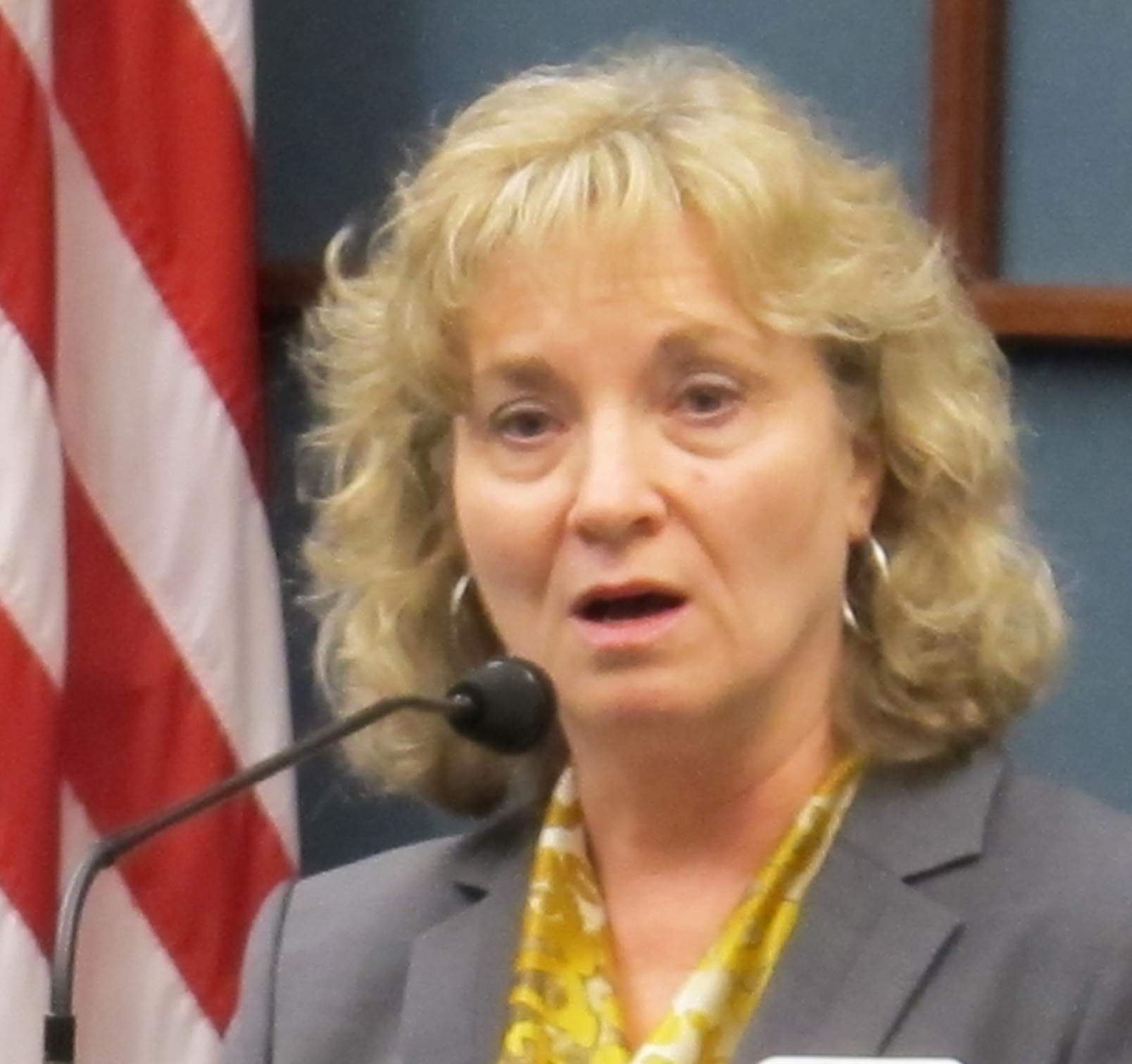The Paradoxes Of School Policy Overhaul

Kyle Stokes / StateImpact Indiana
Indianapolis teacher Kevin Sandorf (right) reviews a student's writing portfolio.
“Education reformers contradict themselves every day and don’t seem to know it,” Jay Mathews writes on his Class Struggle blog. He points out one example:
The Obama administration’s Race to the Top program encouraged states to promote charters and assess teachers by student performance. [GOP presidential hopeful Mitt] Romney applauds this, saying U.S. Education Secretary Arne Duncan is doing a good job. Many urban school districts, such as D.C., agree.
Then why do the charter schools they praise avoid the teacher evaluation systems they recommend? The best charters don’t use the assessment systems reformers want regular schools to use.
Why then do so many policymakers embrace both charters and teacher assessments charters don’t use?… Don’t they understand that the best charters succeed because their principals are carefully trained and selected, and have the freedom to build their teams their way?
Nope, that’s not it, said influential reformers I consulted. They understand that autonomous principals make charters succeed. But they see no way to give regular school principals such freedom, so they support new evaluation and merit pay methods as the closest they can get to what charter schools do.
“The reality is that while charter principals can just fire teachers they don’t think are moving student achievement, traditional principals cannot,” one prominent reformer said. “They must meet a very high burden of proof that shows that it’s fair, objective, transparent, etc.” Having teachers evaluated by student performance allows them to “start moving in some small way” toward what charters do, the reformer said. The worst teachers at least can be identified.
In a similar vein, understanding how state leaders respond when two important values conflict can speak volumes about how they craft education policy. We’ve seen this in Indiana at least twice:
- ‘Accountability’ vs. ‘School choice.’ We wrote about this conflict after the Indianapolis Mayor Greg Ballard’s office decided to close down The Project School, a charter, in June. The school’s statewide test scores were well below average. But that didn’t bother many parents, who chose the school because it provided a haven for students who hadn’t succeeded elsewhere. As many charter experts later explained to us, charter schools are, by their very nature, beholden to higher expectations for their standardized test results.
- ‘Accountability’ vs. ‘School funding dollars should follow the child.’ Despite preliminary figures showing student enrollment at the four Indianapolis Public Schools slated for state takeover in 2012-13, Indiana’s State Board of Education voted to fund the schools based on the higher 2011-12 enrollment numbers. As we asked in June, “can money follow students even if they choose to go to a district, such as IPS, that’s been sanctioned for poor test scores in some of its schools?” The board ultimately voted that the operators brought in to turn around the five schools in Indy and in Gary should be given the higher amount. “We’re here because of Public Law 221,” state board member Jo Blacketor said during the meeting, referring to the state law authorizing the takeover processes in Gary and Indianapolis. “It’s a punitive— it’s a consequence that we’re here. It’s not a gift.”



